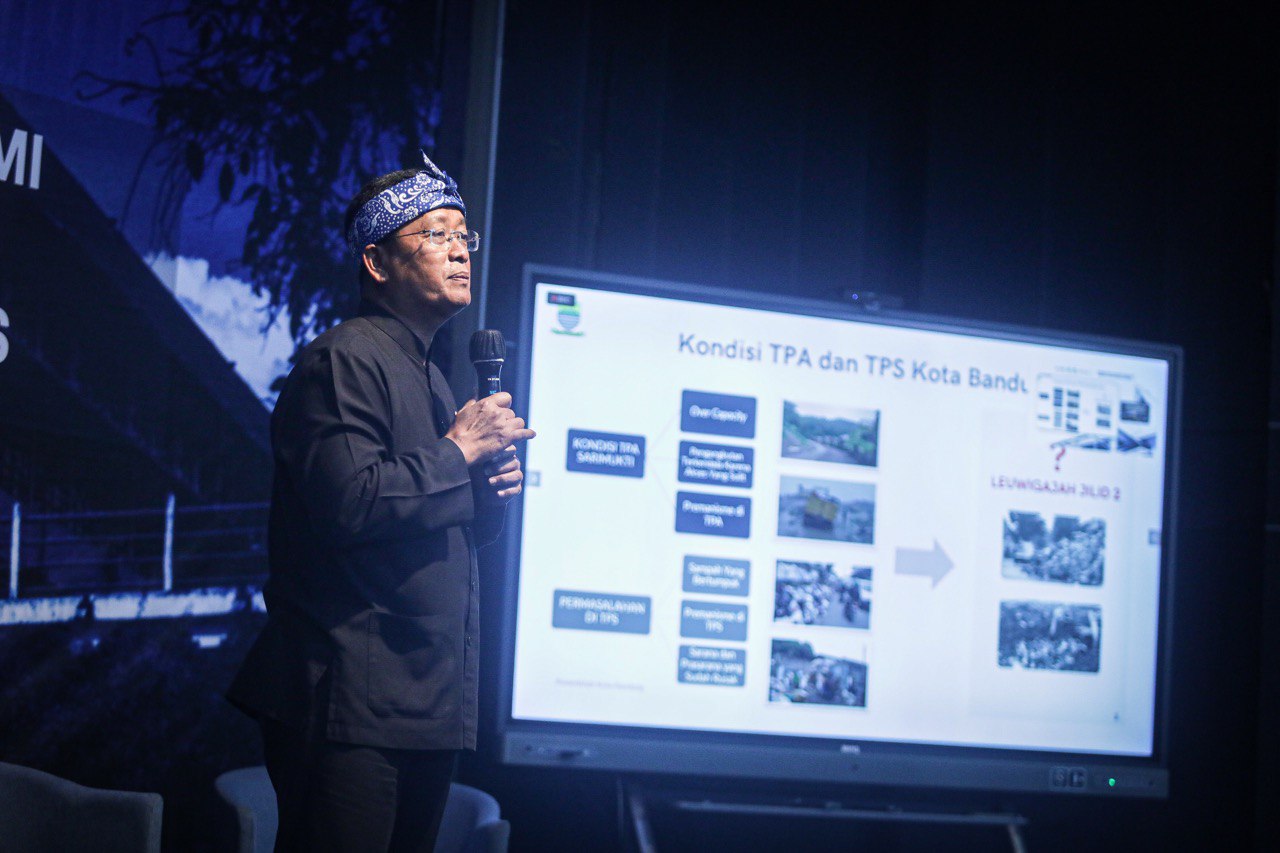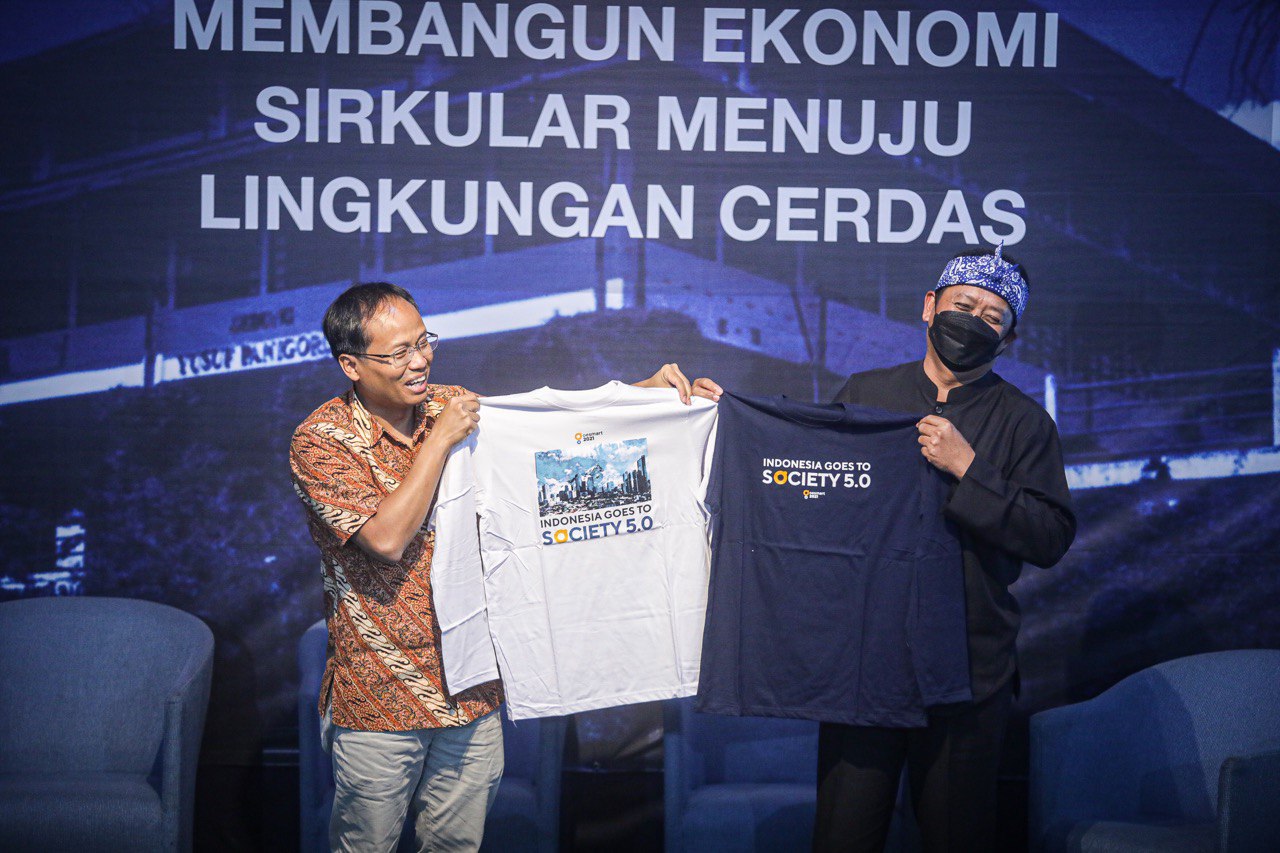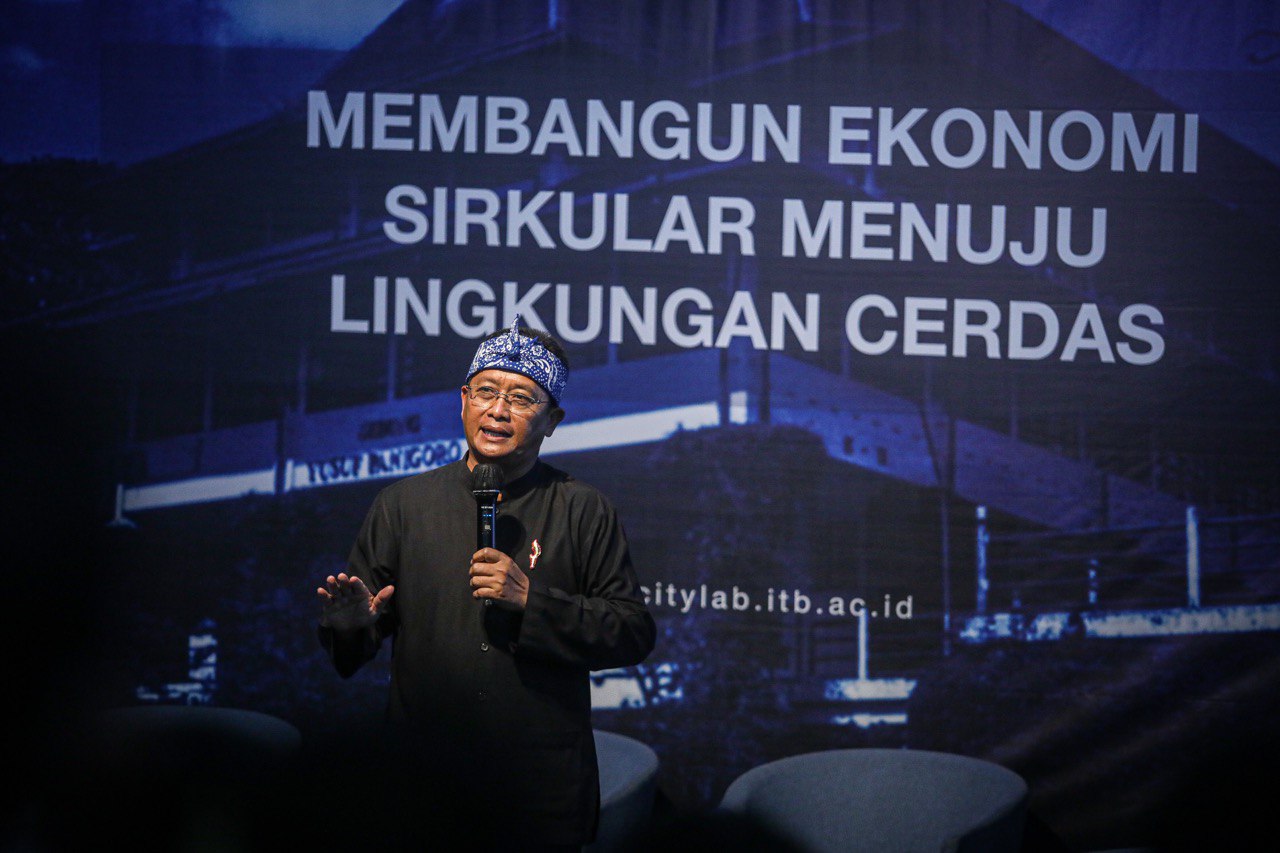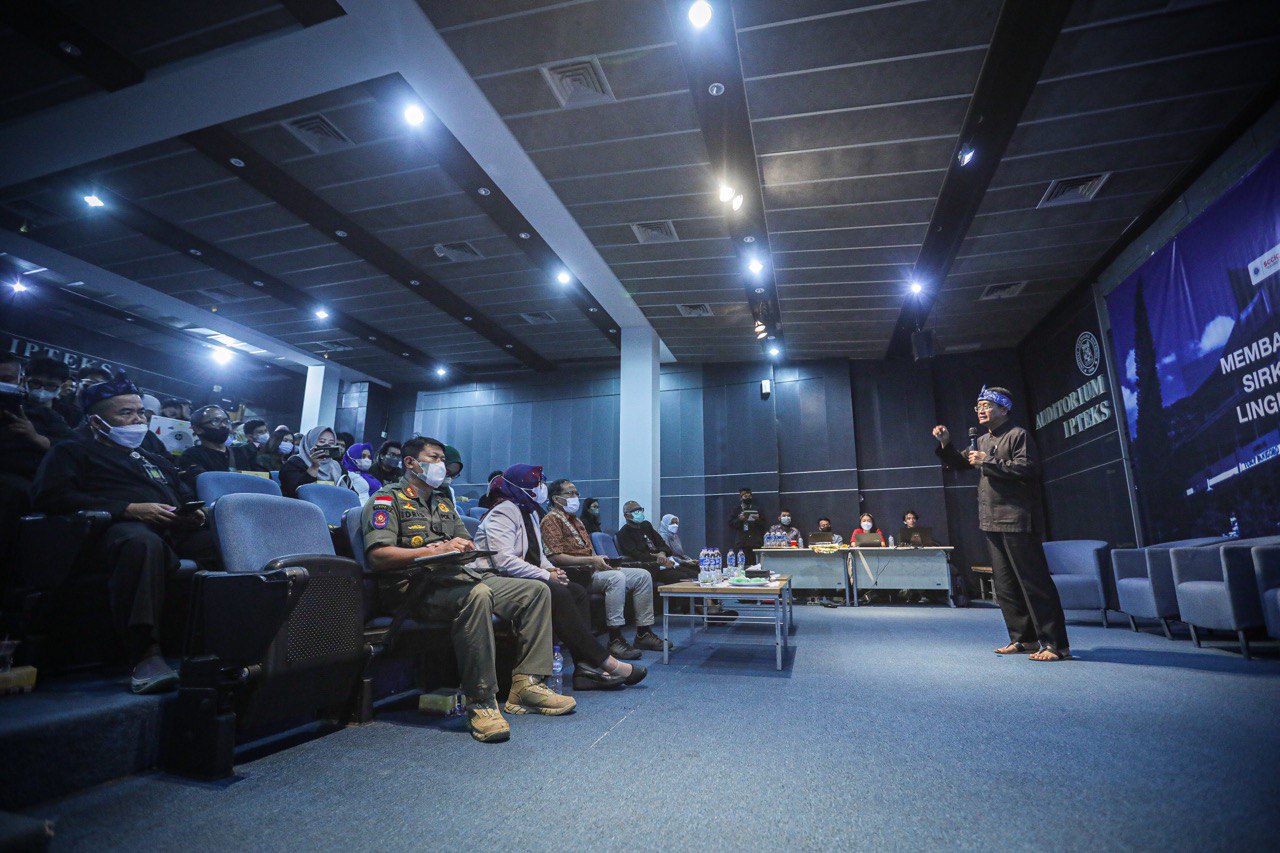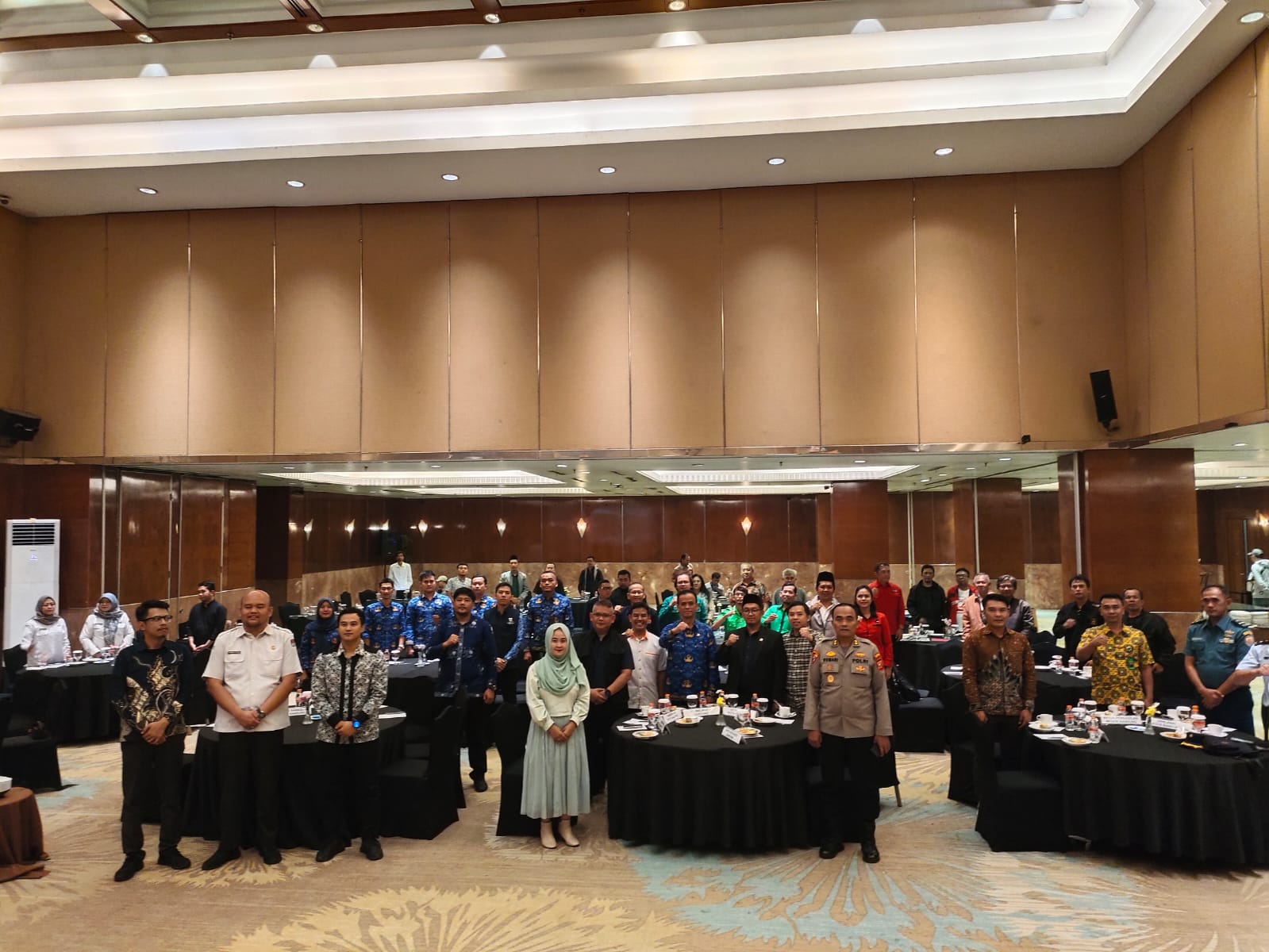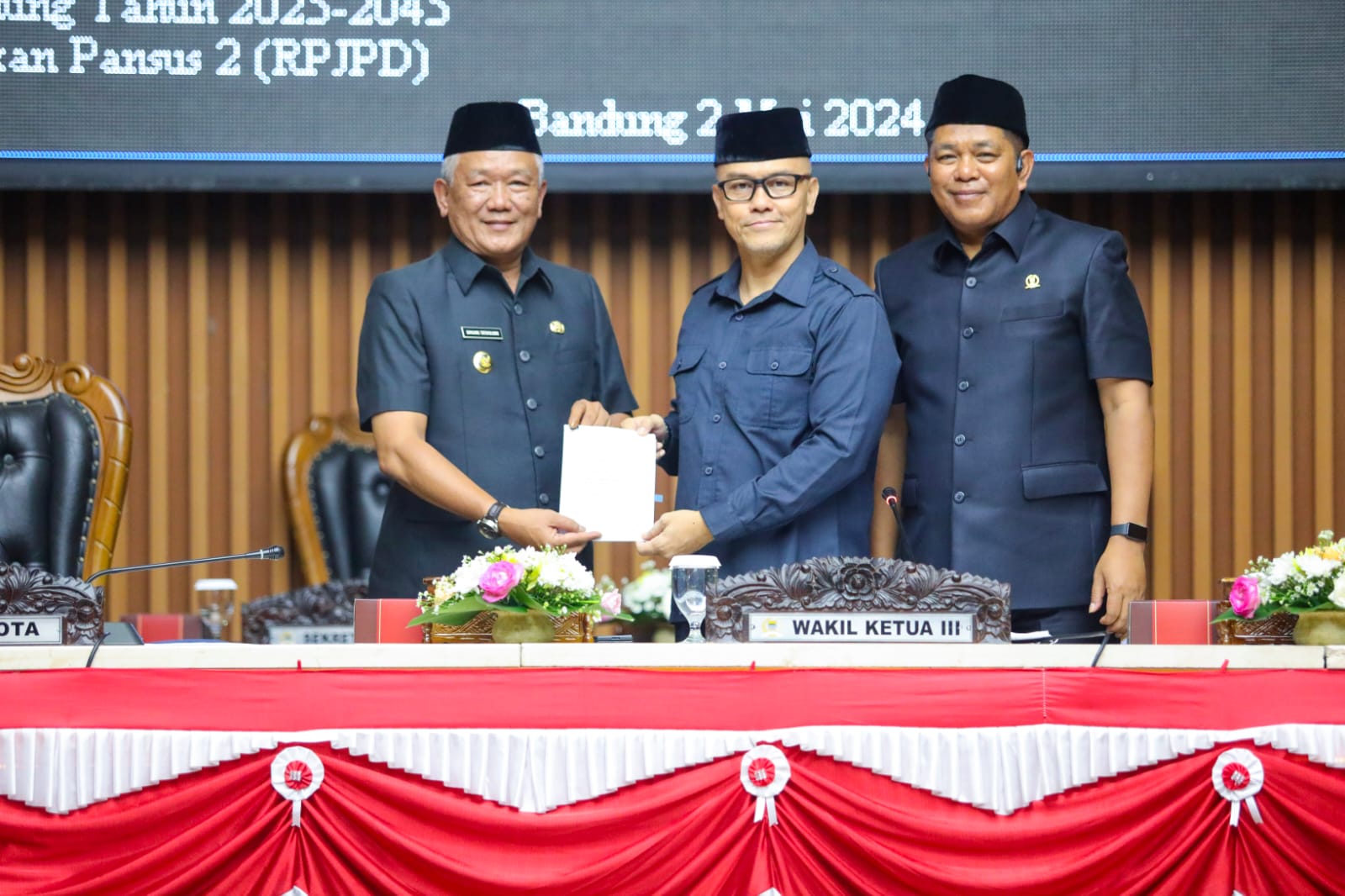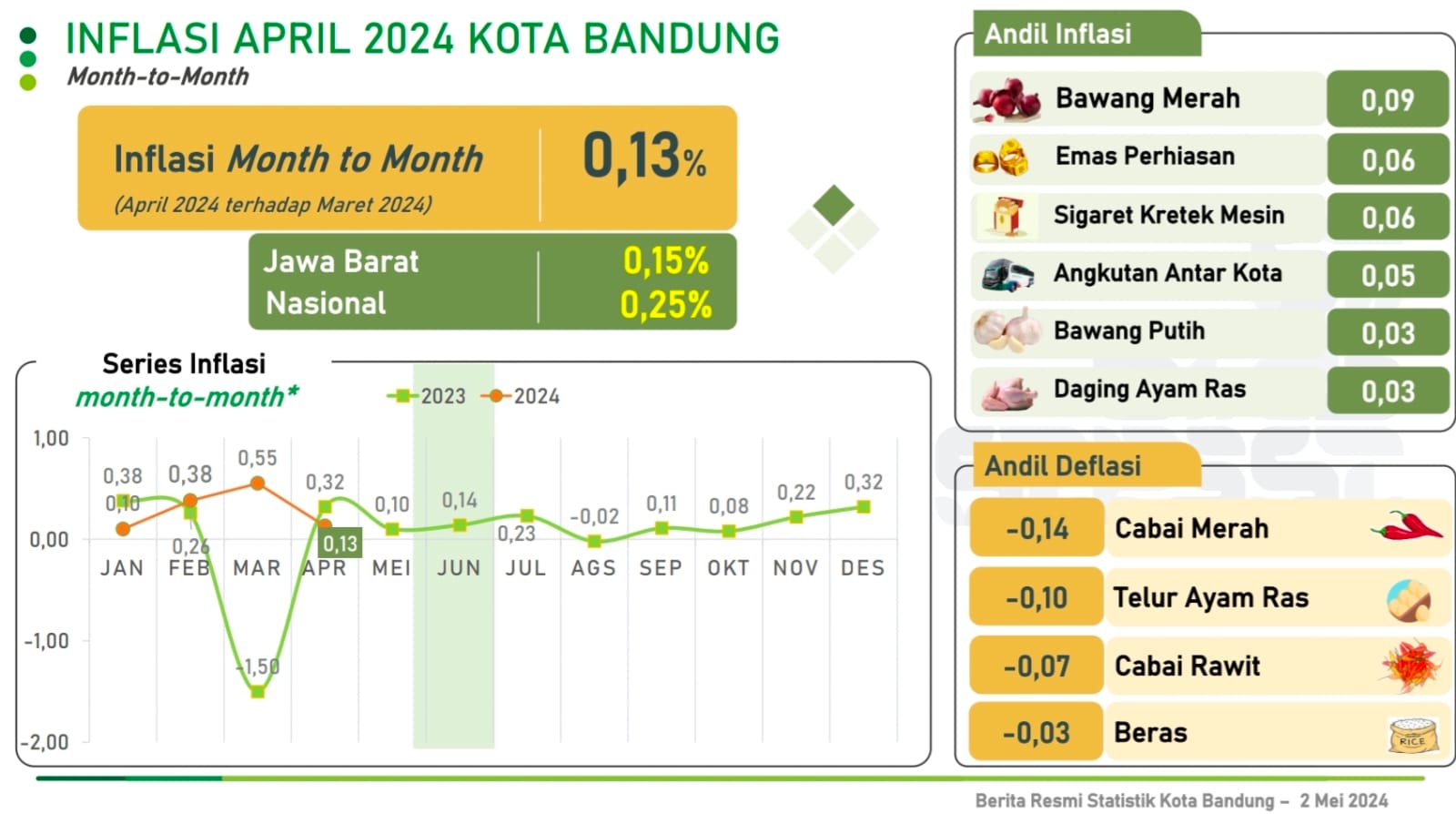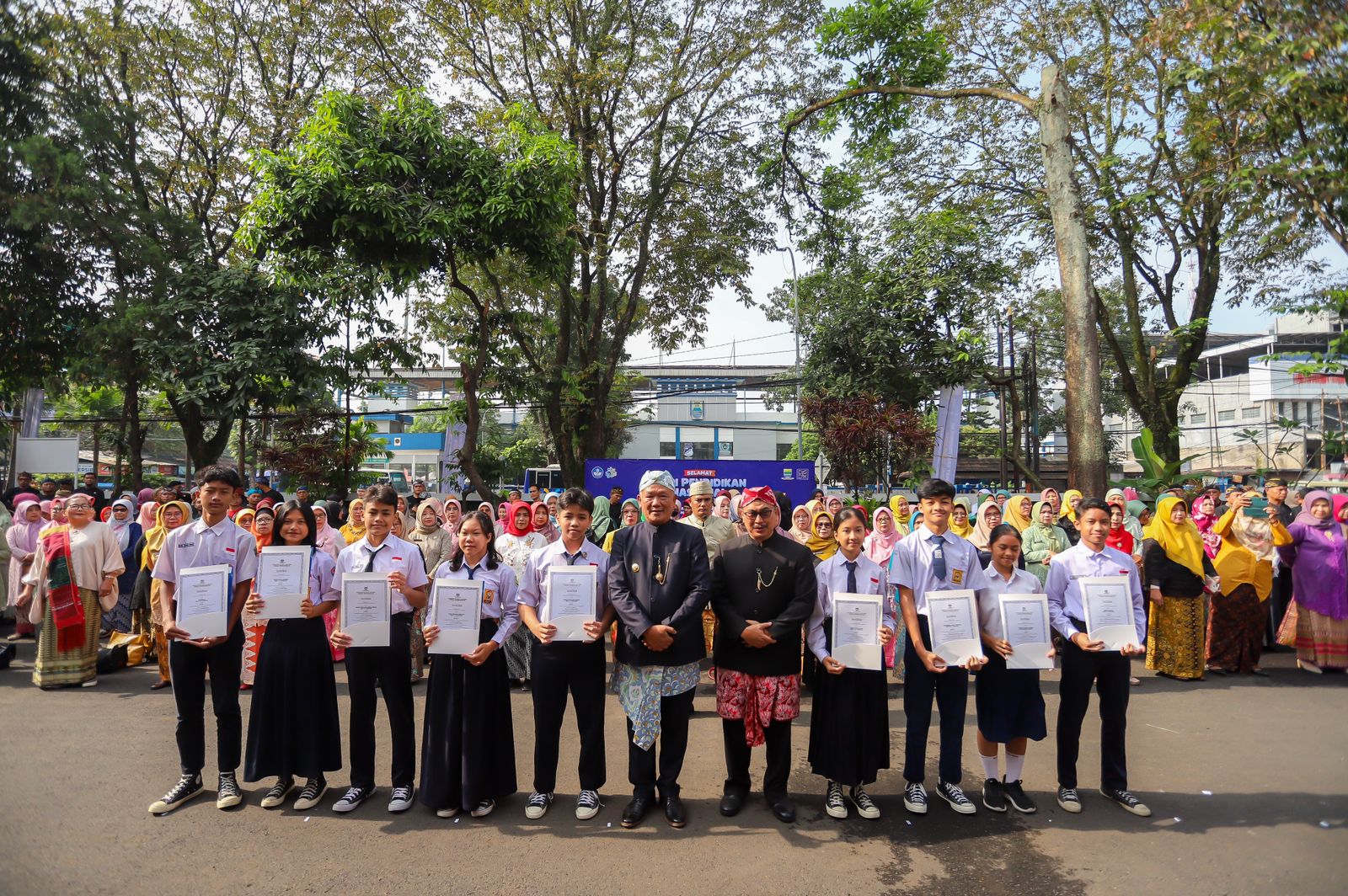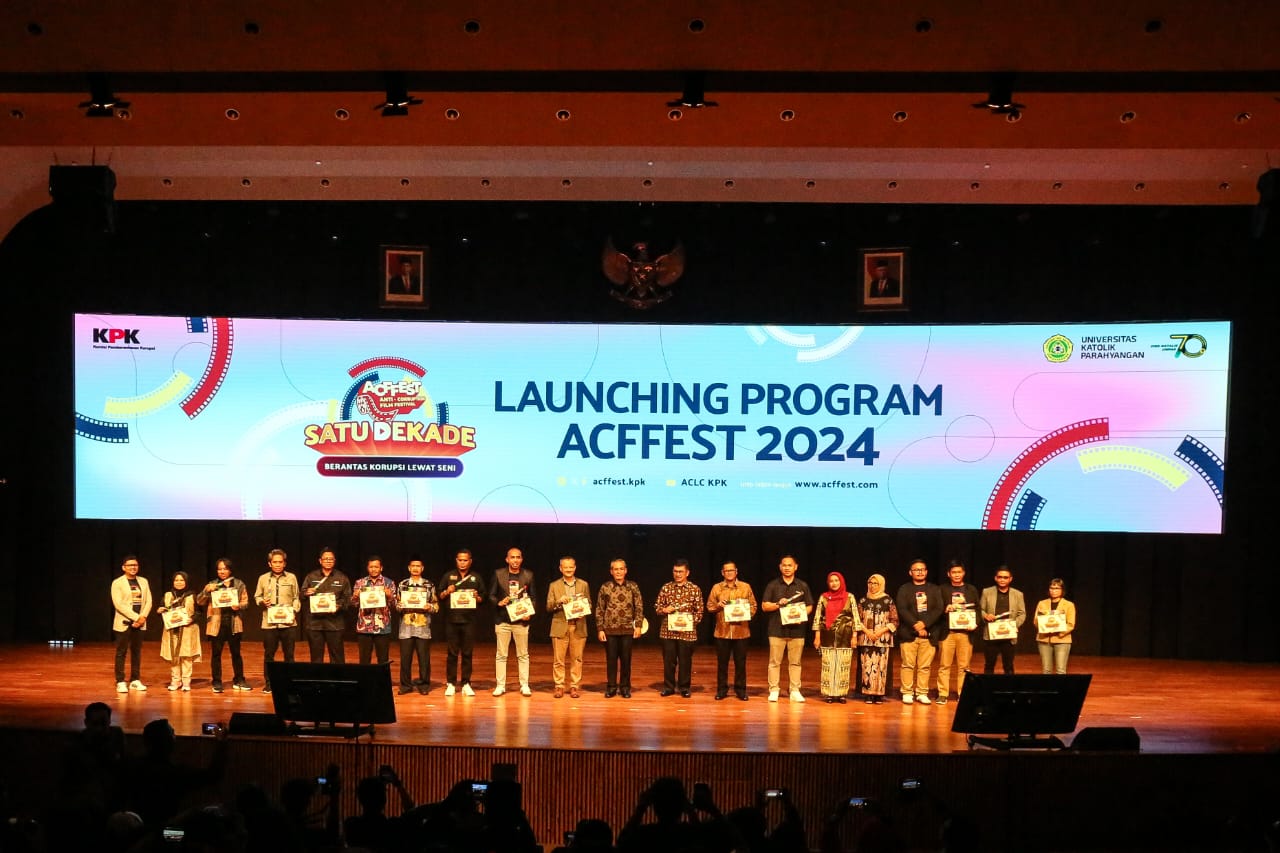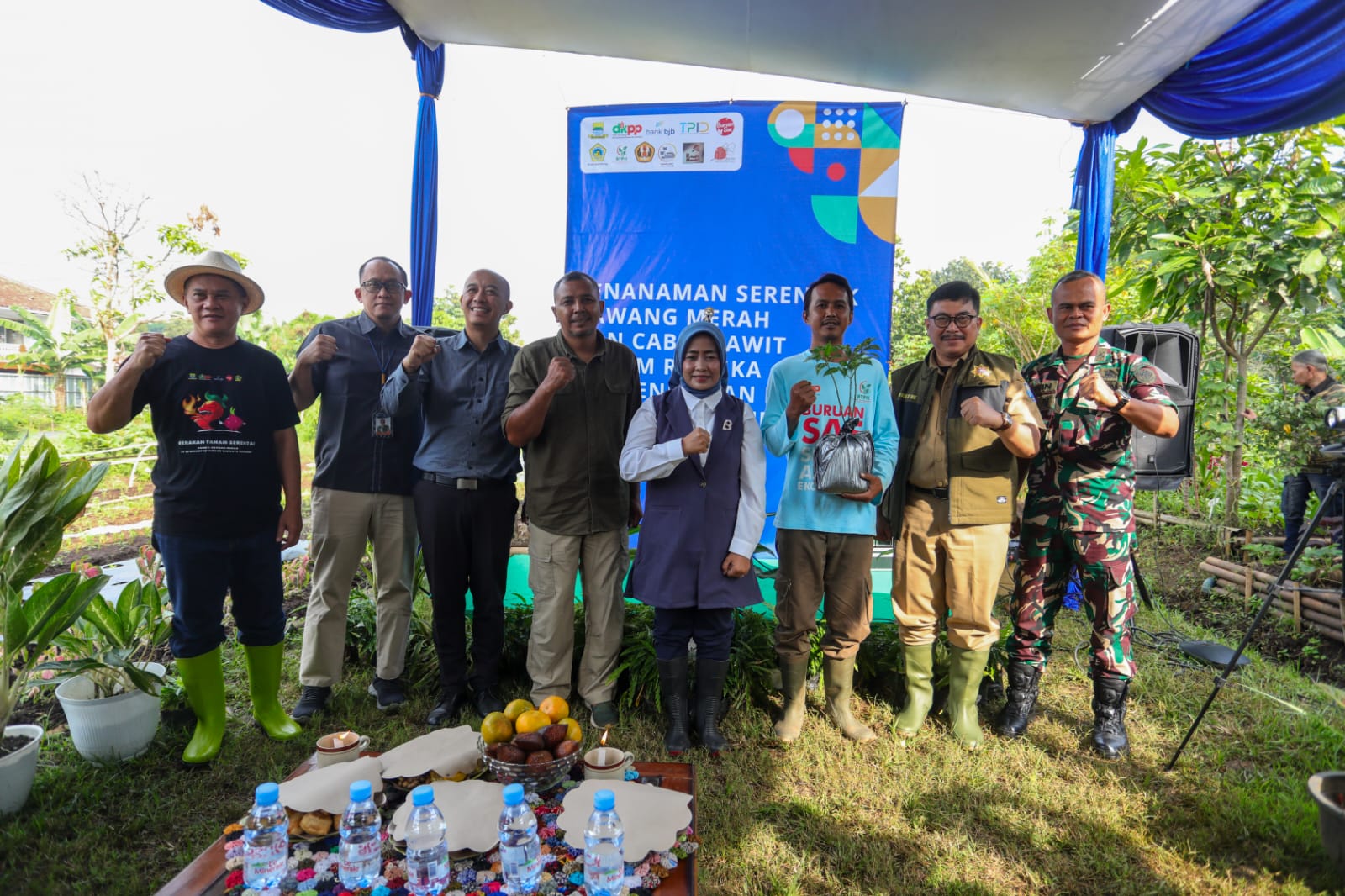Integrated Waste Disposal, Potential Circular Economy of Bandung City
Waste is still an issue that needs to be resolved together, from the government sector, academia, to the community. A total of 1,500 tons of waste are generated every day in Bandung City or 0.63 kg per person per day.
This was conveyed by the Regional Secretary of the City of Bandung, Ema Sumarna in a discussion at the Bandung Institute of Technology (ITB), Thursday, October 27, 2022. In fact, according to him, the mindset towards waste needs to be changed from 'problem' to 'potential'.
He explained that the majority of the types of waste produced by the City of Bandung were food waste, as much as 44.5 percent. Then, 16.7 percent of plastic waste. Carton as much as 13.2 percent. Then 4.75 percent of cloth waste.
"If the conventional method is still used, in 2023 Bandung City's waste could reach 1,700 tons per day," said Ema.
Moreover, Bandung City does not have its own TPA, it is still joined to other areas in Sarimukti, West Bandung Regency. Not to mention the infrastructure and other obstacles that are still a challenge.
"There needs to be a paradigm shift. Don't make waste a problem, but really have to be a potential, even though this is not easy," he said.
In Bandung City, there are 10 percent of RWs that have good waste management.
In order to optimize waste management, the Bandung City Government and ITB collaborated in the Smart with Living Lab (SWLL) program.
"Yesterday, we have determined three DDG areas (Dago DU Ganesha), now we add Braga. We continue to discuss, not only to fix the waste problem, but also to deal with street vendors, illegal parking, and congestion points that often occur in these four areas," he said. .
In fact, the City of Bandung has received assistance from PUPR in the form of the Refused Derived Fuel (RDF) Integrated Waste Disposal Site (TPST) in Holis.
"This can be an economic potential and new job opportunities. This is a very effective strategy if we can apply it in all sub-districts," he added.
Meanwhile, Head of Smart City & Community Innovation Center ITB, Prof. Suhono Harso Supangkat explained that the SWLL will be developed this year and proposed at the G20 in November in Bali.
"In order for a better life, we minimize waste, circulate it so that it can be more empowered," said Suhono.
In managing waste and other things that are not used so that they can be used optimally, it is part of solving the SDGs problem.
"We will discuss this with the government, academia, and the community so that the perspective can be wider and can synergize well to solve various problems in the city of Bandung," he continued. (din)**
Head of the Bandung City Communication and Information Technology
Yayan A. Brilyana




